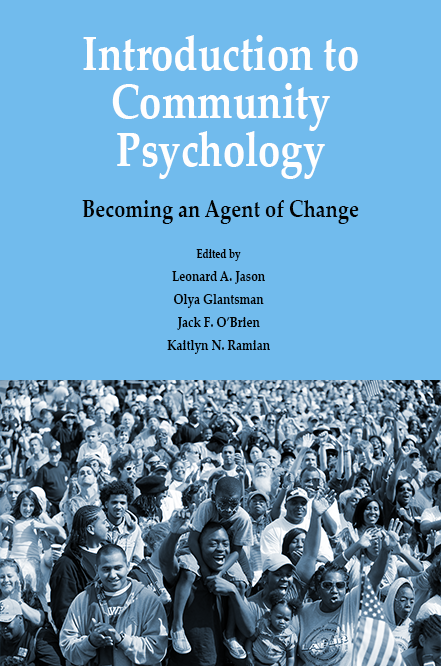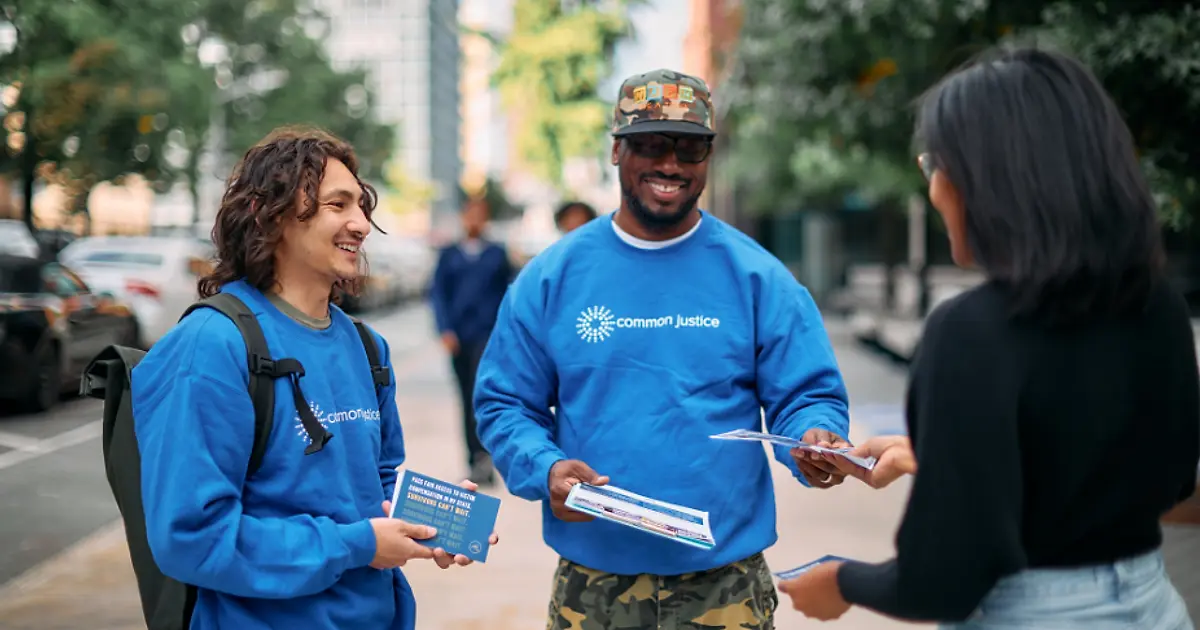Last week, a Salem-based coalition organized a mutual aid drive called the People's Pantry. The coalition was comprised of: the LUCE Immigrant Justice Network of Massachusetts, the North Shore Democratic Socialists of America, the Welcome Immigrant Network, and Witch City Action. Their mission was to send a clear message to elected leaders: stop using our tax dollars to terrorize immigrant communities and feed people instead.
The weeklong People's Pantry mutual aid drive culminated in a Community Speak Out held at Lappin Park in Salem on Saturday. At the event, community leader Veronica Miranda delivered a thought-provoking speech that we have reprinted below in its entirety.
"My name is Veronica, and I proudly serve on the Salem School Committee. I’m honored to be here with all of you.
I’ve been thinking a lot about what it means to be carceral in my own thinking, and how I’ve lied to myself—in big ways and small—about the effectiveness of punishment rather than nourishment.
It’s in the way fear and punishment creep into how we see each other, how we judge each other, and how we decide who is deserving of safety and who isn’t.
It’s in our inner dialogue: “I’m not good enough.” “I’m not loveable.” “I’m not worth others fighting for.”
Carceral thinking isn’t just personal, it’s systemic. ICE, for example, is an agency built entirely on the idea that fear works. And I’ve seen what that does to children and adults as a psychotherapist. Their nervous systems shift. Their trust erodes. Their world shrinks.
I’ve had the privilege of verifying suspected ICE activity with a local mutual aid group, LUCE. My first experience was nerve-wracking and I didn’t expect to run into a neighbor and friend who was also verifying, someone who had once helped my family when we were homeless at a church in Salem. Standing beside him on that street—scared for ourselves and for others—was a moment of shared humanity I will never forget.
That day, we identified ICE, walked up to neighbors to give them information, and stood on the street for hours. To my knowledge, ICE eventually left and didn’t take someone who just wanted to go to work that day. Moments like this remind me that these systems are not designed for safety, they are designed for control.
And yet, there is grief here too: grief for what’s been lost and for what we’ve found. My intention isn’t to drag us down, but we can’t just keep pushing forward without sitting in the suck of this moment.
I’d like to ask that we take a brief moment of silence to reflect on the faces of the adults and children who have been kidnapped and misrepresented as criminals, who live in fear, and whose lives have been disrupted.
Thank you. That grief reminds us why we show up, why we bear witness, why we build community.
And this is where personal reflection meets societal transformation. I want to invite everyone here to notice where carceral thinking shows up in your own lives: in the ways you judge others, in the ways you shame yourself, in the ways fear dictates who is safe or deserving. This is not about blame. It’s about awareness. Transformation begins with noticing how we participate in harm even unintentionally.
When we do that work internally, it radiates outward into our families, our schools, our communities, and ultimately, our policies. Real community care starts here: with presence, nourishment, and refusal to normalize fear.
This is our community. I do not want our police department supporting or enabling federal enforcement. Food, not ICE: that is a direct, anti-carceral way of being. I want to see more of that. I want to see our city and officials talking more about building, than punishing or taking away. I want to see more focus on doing good, protecting people, and bearing witness.
Massachusetts has a chance to lead. Our neighbors matter more than any political posture. And to everyone here, and everyone watching or with us in spirit: you are not alone. We see you. We will stand with you. We are building a community where no one has to disappear, and where children deserve to grow, thrive, and feel safe."
Bio
Veronica Miranda is a mother and mental health counselor who believes that when we heal ourselves, we can heal the world. Growing up in poverty shaped her commitment to justice and self determination for all. She aspires to bring deep care to her roles on the Salem School Committee, the board of Salem Alliance for the Environment, and as the tenant representative on the Salem Housing Authority Board.
Further Reading
The following links were curated by North Shore Progressives.
















